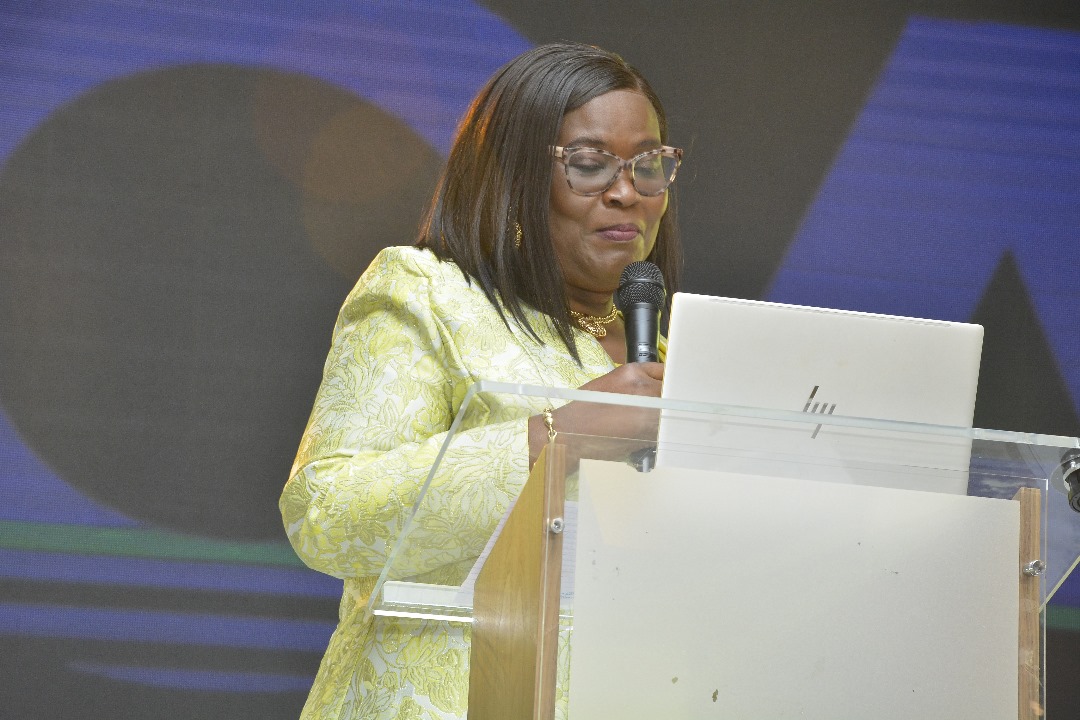Sequel to the continued rise in dollar against the naira, the Central Bank of Nigeria, on April 08, 2024, mandated Deposit Money Banks to quit the use of foreign currencies as collateral for naira loans within three months.
The decision was triggered towards strengthening the naira against dollar at both the official and parallel markets on Monday.
The apex bank has continued in its efforts to free dollar liquidity stocked up in the financial system by deploying various measures to strengthen the naira against the United States dollar.
In a circular on April 8, the CBN boss Olayemi Cardoso, expressed displeasure over the use of foreign currencies as collateral for naira loans.
The circular was published on its website and titled “The use of foreign-currency-denominated collaterals for naira loans”, was referenced BSD/DIR/PUB/LAB/017/004.
Olayemi Cardoso said it is not the first time the bank has prohibited the use of FCY, adding that the CBN had noticed the use of foreign currency by bank customers as collateral for naira loans, and has stopped the decision.
Recall that in 2023, in a confidential letter to commercial lenders, the apex bank issued a stern directive against naira overdrafts backed by foreign currency deposits.
In the leaked letter dated August 17, 2023, and signed by the Director of Banking Supervision, Mr. Haruna B. Mustafa, the CBN said the development followed its findings from a recent supervisory review.
It was uncovered that the banks had been offering naira overdraft facilities secured with foreign currency deposits.
Despite this warning, the new directive indicates that banks have continued to engage in such practices.
In the latest circular signed by the acting Director, Banking Supervision Department, Adetona Adedeji, the apex bank said it observed the use of foreign currency by bank customers as collateral for naira loans.
As such, the regulator directed banks to trim all existing loans with foreign currency collaterals to 90 days or attract a 150 per cent capital adequacy ratio computation as part of the bank’s risk.
According to Punch, the new directive means a borrower may no longer use dollar deposits in their domiciliary bank accounts as collateral to obtain naira loans.
The practice is partly due to the need to hedge against foreign currency spikes which can be costlier than interest rates.
“The Central Bank of Nigeria has observed the prevailing situation where bank customers use foreign currency as collaterals for Naira loans.
“Consequently, the current practice of using foreign currency-denominated collaterals for Naira loans is hereby prohibited except where the foreign currency collateral is Eurobonds issued by the Federal Government of Nigeria or guarantees of foreign banks, including standby letters of credit.
“In this regard, all loans currently secured with dollar-denominated collaterals other than as mentioned above should be wound down within 90 days, failing which such exposures shall be risk-weighted 150% for Capital Adequacy Ratio computation, in addition to other regulatory sanctions,” the circular read.
The CBN’s stance against such practices arises from concerns of currency mismatch, which could introduce substantial financial risks for banks.
Rather than convert their dollars to naira, some borrowers will rather borrow in naira as the cost of buying the dollars back might be higher than the interest rate they pay for borrowing in naira.
However, this can have a ripple effect on the exchange rate due to its speculative tendencies.
The CBN maintained that it was on a mission to ensure adequate foreign exchange in the market even as the naira gains strength.








